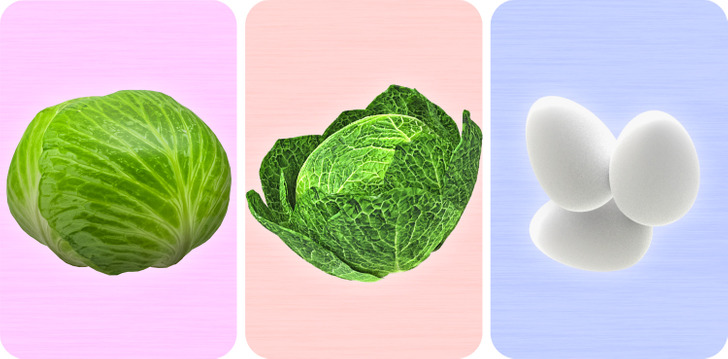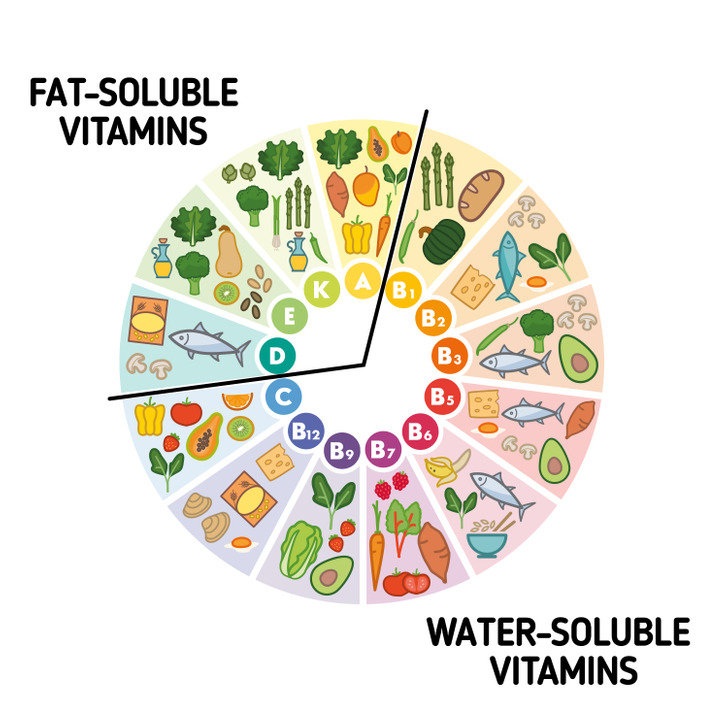Where to Find Vitamins in Food
Vitamins, as well as minerals, are essential nutrients for the human body, as they keep it functional, healthy, and protected from numerous diseases. To find out what foods are the best sources of vitamins, make sure to check this small guide that 5-Minute Crafts has prepared for you.
Types of vitamins
Vitamins are substances of organic origin produced by animals and plants. We need to get them through food because our bodies aren’t capable of synthesizing them. The only exception is vitamin D.
There are 2 types of vitamins.
- Water-soluble: These are the number of vitamins that are not absorbed by the body and expelled. It’s important to know that all the B vitamins (B-1, B-2, B-3, B-5, B-6, B-7, B-9, and B-12), as well as vitamin C, are water-soluble.
- Fat-soluble: In this case, it’s the excess amount of vitamins stored in fat tissue and the liver as body reserves. The fat-soluble vitamins are A, D, E, and K.
1. The B vitamins
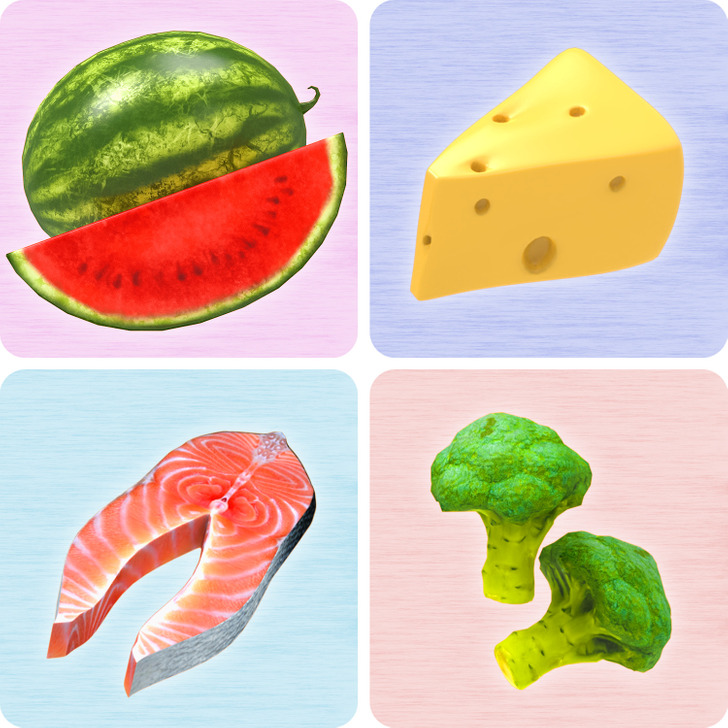
There are 8 different vitamins that belong to the group of B vitamins.
- Vitamin B-1 is also called thiamine and aids the body in processing carbs and some protein. The best food sources of B-1 are soy milk, watermelon, ham, and acorn squash, but you can also find it in whole-grain fortified breads and cereals.
- Vitamin B-2 is known as riboflavin too. It participates in the processes of converting food into energy and making red blood cells. It can be found in milk, enriched cereals, cheese, yogurt, and whole grains.
- Vitamin B-3, or niacin, helps with digestion and also with making good cholesterol. You can ensure its intake by consuming fish, meat, poultry, fortified whole grains, mushrooms, and potatoes.
- Vitamin B-5, scientifically referred to as pantothenic acid, also aids in converting carbs, protein, and fat into energy. Chicken, broccoli, avocado, mushrooms, whole grains, and tomatoes are good sources of it.
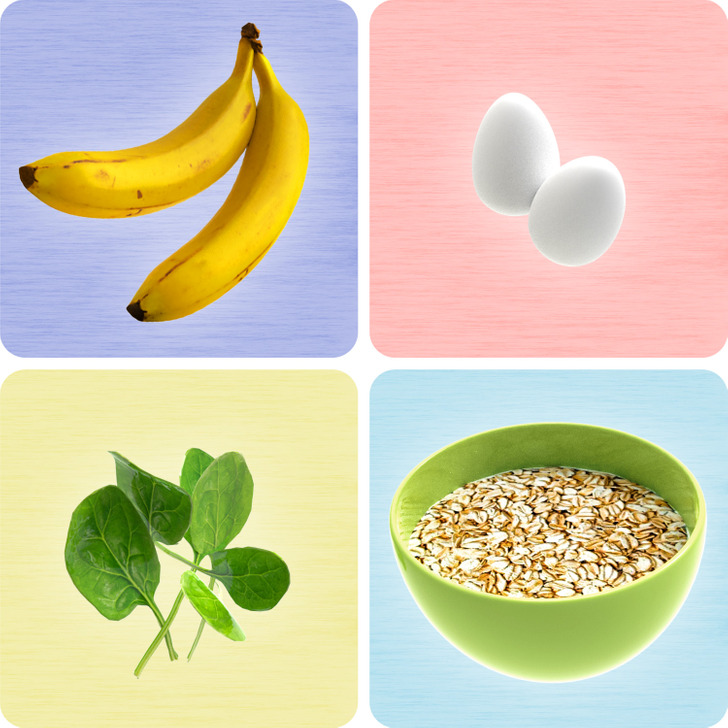
- Vitamin B-6, scientifically known as pyridoxine, is important not only for the metabolism and the immune system but also for brain development in babies. Make sure you consume meat, fish, poultry, legumes, soy and its products, as well as bananas, potatoes, and avocados.
- Vitamin B-7 is called biotin and is used in the body to help make protein, fats, and other substances needed for cells. It can be found in liver, fruits, and meats, as well as in eggs, soybeans, whole grains, and fish.
- Vitamin B-9, or folate, is a crucial vitamin during pregnancy. It helps create DNA and RNA, as well as healthy red blood cells. You can find sources of it in fortified grains and cereals as well as spinach, broccoli, asparagus, legumes (like black-eyed peas), and chickpeas.
- Vitamin B-12 goes by the scientific name of cobalamin and is important for brain function, nerve tissue health, and making red blood cells. You can ensure its intake by eating meat, fish, poultry, milk, cheese, fortified soy milk, and cereals.
2. Vitamin C
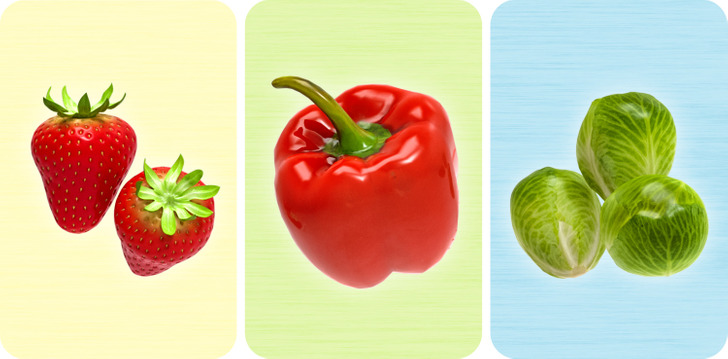
3. Vitamin A
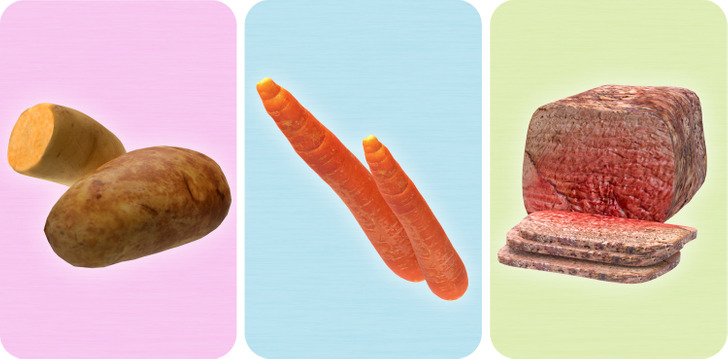
Moving on to fat-soluble vitamins, we need to mention vitamin A, which is important for vision, the reproductive system, and the immune system.
Make sure you consume sweet potatoes, spinach, carrots, fortified cereals, beef, liver, eggs, fish, shrimp, pumpkin, and mango as sources of vitamin A.
4. Vitamin D
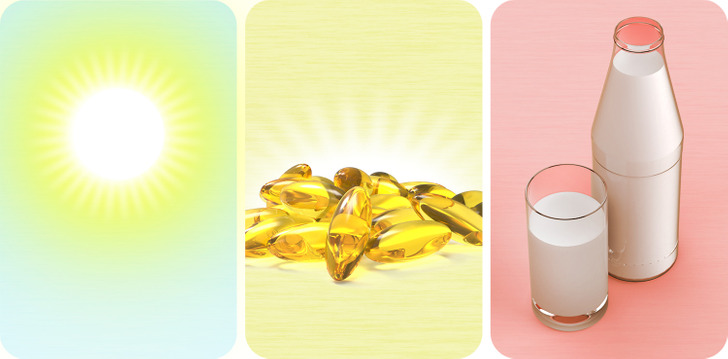
As we mentioned earlier, vitamin D is the only vitamin that can be synthesized by the body itself. Our skin produces vitamin D during exposure to sunlight. This vitamin is needed for muscles, bones, and the immune system in general. It is also important for brain-body communication.
You can also find it in fish liver oil, fatty fish, fortified cereals, and milk.
5. Vitamin E
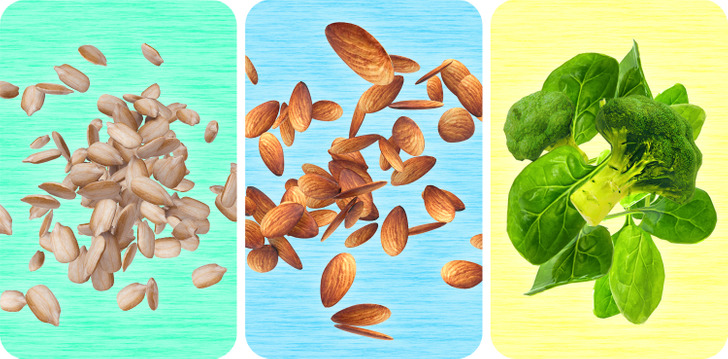
6. Vitamin K
